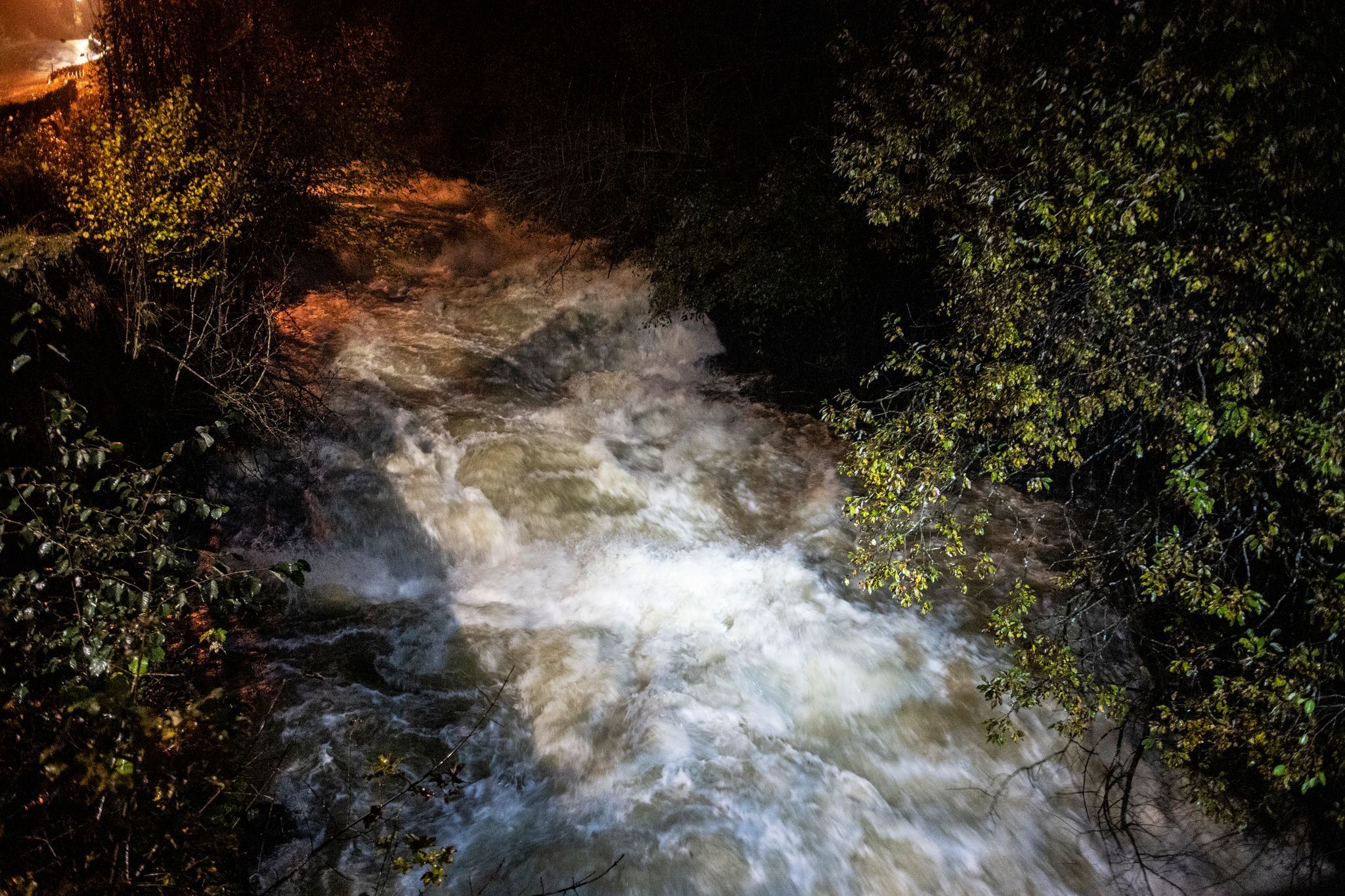When I’m not alone in the office, do I always have to wear a respirator?
No. This is only necessary if you are less than 1.5 meters away from your co-workers.
–
Is an ordinary veil enough?
Not strictly speaking. The measure requires a filtration efficiency of 94 percent for mouth and nose protection, which meets the FFP2 or KN 95 standards. The most common surgical drape does not meet this, some nanotraps do.
–
Does my employer have to provide me with protective equipment?
It is so. Until the measures are revoked, employers are obliged to provide these funds “in sufficient quantities for each shift”. Minister of Health Adam Vojtěch (for YES) stated that sanctions will not be imposed for the first few days so that large employers have time to buy respirators.
–
The measure also explicitly reminds that respirators do not have to be given by the employer to home office workers.
–
What if I work hot in a blast furnace?
You probably won’t even need a veil. In response to the demands of the Confederation of Industry, the Ministry has modified the measures so that in demanding operations, employers can adjust them and decide whether a veil or no mouth and nose protection will suffice.
–
Are there any other exceptions for certain professions?
Exceptions are also made for public transport drivers when they are not in direct contact with the passenger at check-in (ticket sales), as well as for the staff of the integrated rescue system, moderators and actors or judges and other participants in court proceedings.
–
What are the fines?
The measures are checked by police officers and hygienists, they can impose a fine of up to 10,000 crowns on the spot, and higher in administrative proceedings. So far, for example, in public transport, for example, fines have mostly fallen from 500 to two thousand crowns. According to the pandemic law, the fine for not wearing veils for a natural person can be up to 30 thousand crowns, for legal persons the limit is up to 3 million crowns. The Ministry states that such high to liquidation fines will not be in practice.
–
| What will change next |
| From Monday, it is possible to shorten the quarantine ordered after contact with an infected person. Instead of the current 14 days, it will be possible to leave it after only seven days if a person has a negative PCR test. |
| From 1 November, preventive tests for covid-19 will be covered by public health insurance only for children and young people under 18, people with vaccinations or those who cannot be vaccinated. |
| For PCR assays, the validity is reduced from seven days to three, for antigen assays from 72 hours to 24 hours. |
| From 1 November, the operators of restaurants, bars and discos will check the infectivity of customers, ie certificates of vaccination, test or illness. Self-test is also permissible. |
—


